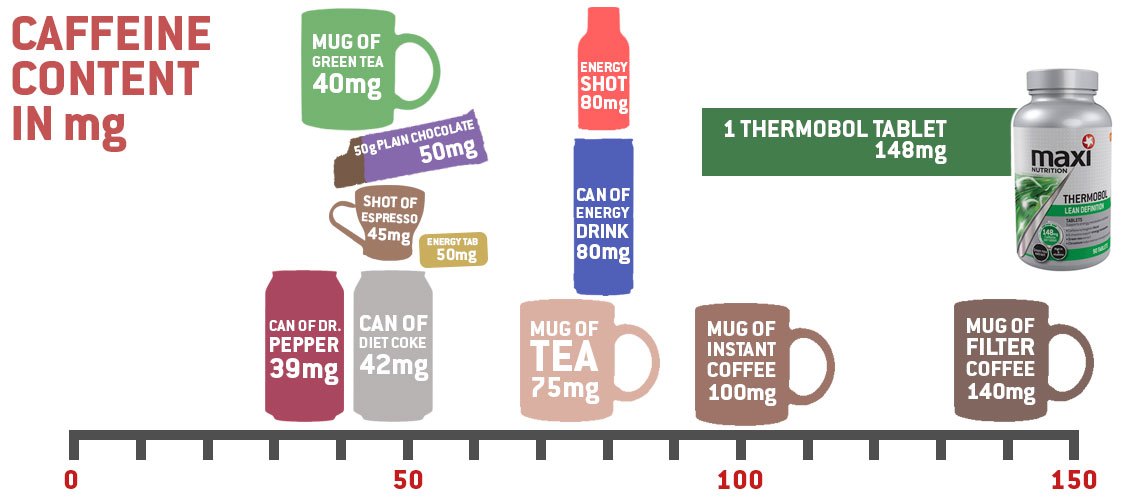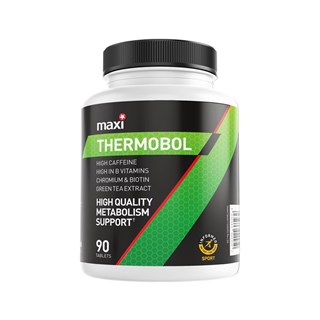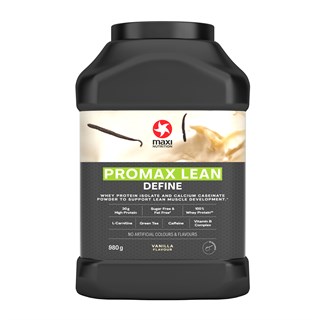Caffeine Intake
What is Caffeine?
Caffeine is naturally present in many plants, most of which are native to South America, and the most common source of caffeine is the coffee bean. Caffeine can be found in many foodstuffs we enjoy on a daily basis such as coffee, tea and chocolate.
Forward Focus
The benefits of caffeine have been shown to help improve concentration and increase alertness when taken in dosages of 75 mg and above, helping you to stay focused and deliver your A game during training and competition. Although let’s face it, many of us reach for the caffeine just to get us through Mondays!
It has been shown that caffeine can increase endurance performance and capacity when doses of 3 mg per kg body weight are consumed at least an hour before exercise1. For example, someone weighing 60 kg should look to take 180 mg caffeine 1 hour prior to exercise.
Safe Daily Caffeine Intake
The European Union recognise caffeine is safe for regular consumption when in moderation, this is around 400 mg per day from all sources (about 4 mugs of instant coffee), and no more than 200 mg in a single dose. Nonetheless, caffeine intake should be limited for pregnant and breast feeding women and those sensitive to caffeine.
Caffeine Counter

Maximuscle's View
Although beneficial effects of caffeine consumption in sport and pre-exercise can be achieved, tolerance to caffeine can be very personal. If you’re a habitual caffeine drinker you may develop a tolerance to caffeine, becoming less sensitive to its effects. Quite simply, the more you drink, the less it works. If you’re not a caffeine drinker but are thinking of consuming it to improve focus for your sport, it’s worthwhile setting time aside to trial varying doses (within safety limits) during training.
Although caffeine isn’t a wonder drug and is unlikely to give you the reaction times of Usain Bolt, it’s stimulatory effects can help to improve focus in training and sport. Definitely one worth trying.
1. EFSA (2011) Scientific Opinion on the substantiation of health claims related to caffeine and increase in physical performance during short-term high-intensity exercise (ID 737, 1486, 1489), increase in endurance performance (ID 737, 1486), increase in endurance capacity (ID 1488) and reduction in the rated perceived exertion/effort during exercise (ID 1488, 1490) pursuant to Article 13(1) of Regulation (EC) No 1924/2006 EFSA Journal 9(4):2053.
2.^Caffeine contents are approximates Sources nutrition.org.uk & Food Standards Agency


















